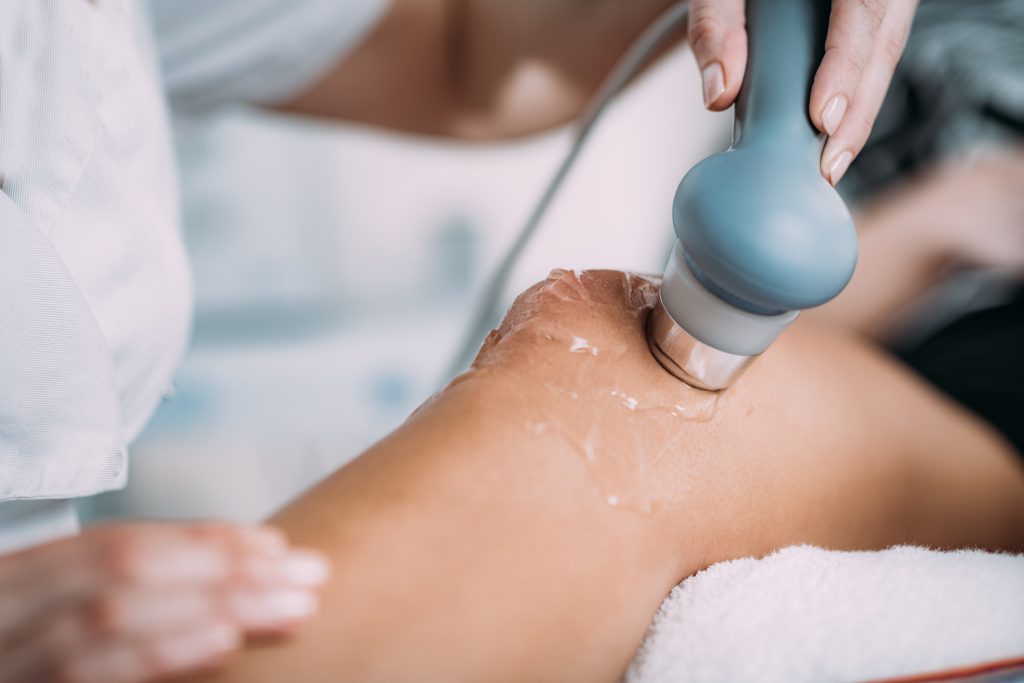When people think of meniscus injuries, they often picture athletes on the football field or basketball court. And while it’s true that sudden twists and tackles can lead to meniscus tears, these injuries are not limited to professional sports. In fact, many people tear their meniscus doing something as ordinary as squatting to pick up a box, twisting awkwardly while getting out of a car, or slipping on wet ground.
So if you’ve recently felt a “pop” in your knee or noticed swelling and pain after a seemingly harmless movement, it could be more than just a strain. Here’s what you need to know about meniscus injuries, how they happen in everyday life, and what you can do about it.
What Exactly Is the Meniscus?
The meniscus is a C-shaped piece of cartilage that sits between the thigh bone (femur) and shin bone (tibia) in each knee. Its job is to cushion the joint, absorb shock, and help with smooth movement.
Each knee has two menisci, one on the inner side (medial meniscus) and one on the outer side (lateral meniscus). When one of these tears, it can affect how your knee moves and feels, sometimes significantly.
You Don’t Have to Be an Athlete to Tear Your Meniscus
While athletes are at risk due to high-impact movements and sudden changes in direction, everyday activities can also put the meniscus at risk, especially as we age.
Common non-sport causes include:
- Twisting your knee while standing up from a low chair or squat
- Lifting something heavy with poor posture
- Slipping or tripping on uneven ground
- Kneeling or squatting repeatedly over time (e.g. gardening, home cleaning)
In people over 40, the cartilage tends to weaken and wear down, making it more vulnerable to tears from even mild or routine movements. This type of wear-and-tear is called a degenerative meniscus tear, and it’s surprisingly common.
What Does a Meniscus Injury Feel Like?
Symptoms may vary depending on the size and location of the tear, but common signs include:
- A popping sensation at the time of injury
- Swelling and stiffness in the knee
- Pain when walking, bending, or rotating the knee
- A feeling that your knee is catching or locking
- Difficulty straightening your leg fully
Some people can still walk after a tear, especially if it’s minor, but the discomfort tends to increase with movement or prolonged standing.
What Should You Do Next?
If you suspect a meniscus injury, it’s a good idea to rest the knee and apply ice in the early stages. Avoid movements that worsen the pain, and try to keep the leg elevated. Over-the-counter pain relievers may help reduce inflammation.
However, if symptoms persist beyond a few days, or if your knee feels unstable or locked, it’s time to see an orthopaedic doctor. A physical exam, and in some cases imaging like an MRI, can help confirm the diagnosis and guide your treatment options.
Treatment Options: Not Always Surgery
Meniscus injuries don’t always require surgery. In many cases, especially for smaller or degenerative tears, a non-surgical approach may be enough. This may include:
- Physiotherapy to strengthen the muscles around the knee
- Activity modification to avoid further stress
- Injections such as platelet-rich plasma (PRP) to reduce inflammation and support healing
If the tear is more severe or causing the knee to lock or give way, arthroscopic surgery may be recommended. This minimally invasive procedure uses small incisions and a camera to trim or repair the damaged meniscus.
When to See a Specialist
You should consult a doctor if:
- The pain is not improving with rest
- Swelling keeps returning
- The knee feels unstable or gives way
- You can’t fully bend or straighten your leg
- You’re concerned about long-term knee function
Getting the right diagnosis and guidance early can help prevent further damage and support a smoother recovery.
Need Help with Knee Pain?
At Liberty Orthopaedic Clinic, Dr Lee Eu Jin, Orthopaedic Doctor in Singapore, Consultant Orthopaedic Surgeon, and Sports and Joint Specialist, provides care for a range of knee conditions, including meniscus injuries from both sports and daily activities.
If you’re experiencing knee pain that isn’t going away, or if you’re unsure whether it’s a strain or something more, contact Liberty Orthopaedic Clinic today to book a consultation. Early assessment can help you protect your joint and get back to comfortable movement.










